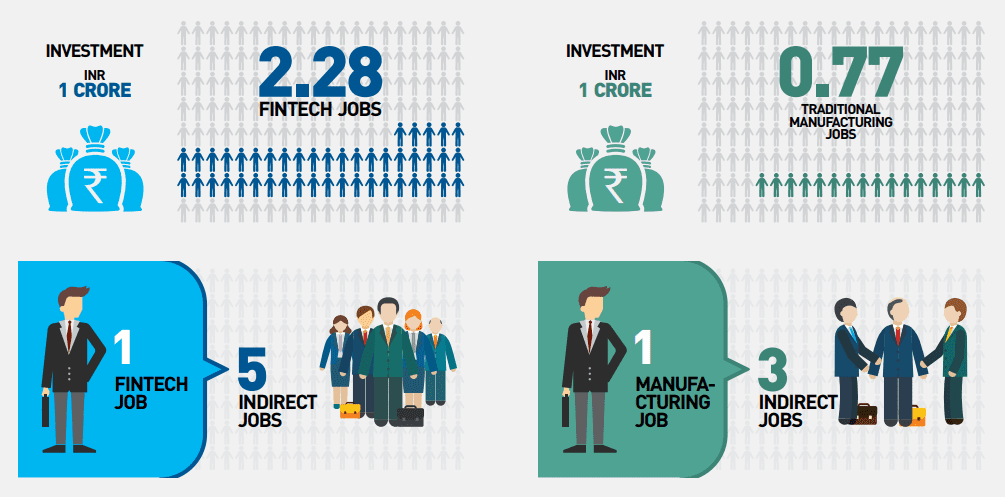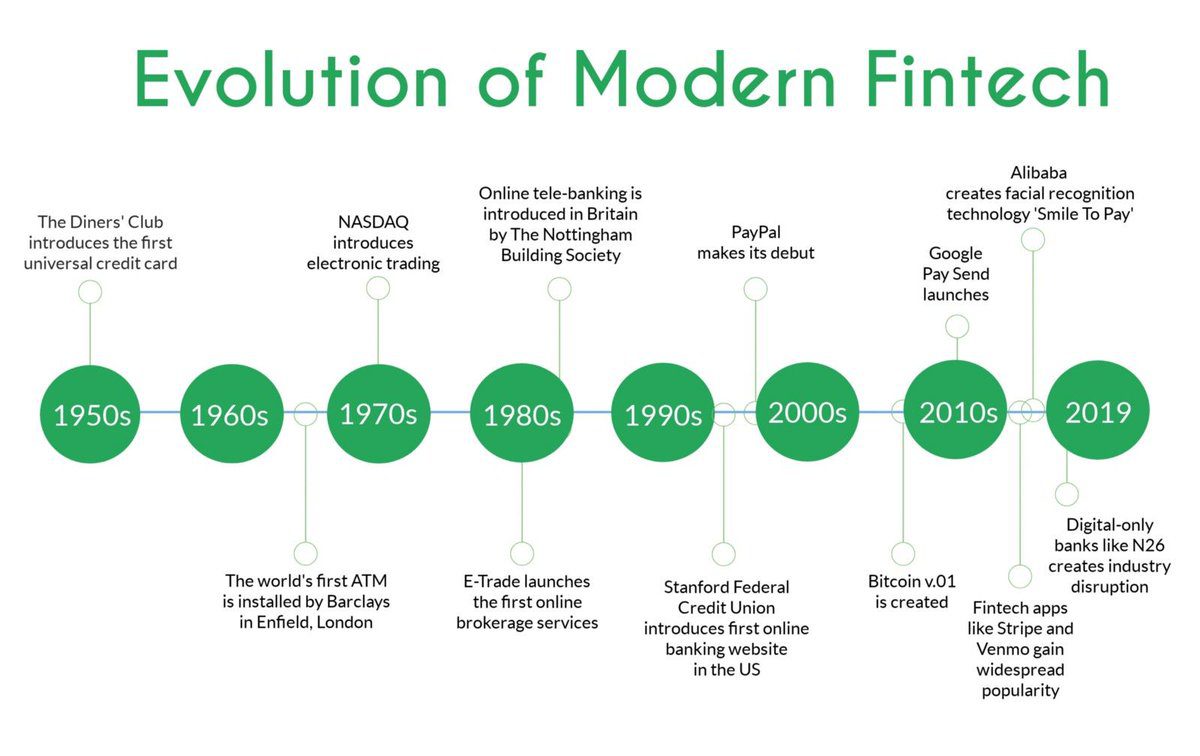What Are The Career Opportunity For FinTech In India In 2019?
Fintech’s has the potential to transform disruptively each and every industry. Its main originators the crypto market and blockchain technology are active in the hiring process. For terrible market and economic conditions, career aspirants still love a career in Fintech because of its potential and the emerging governmental assistance and thrust for fintech industries.
The present fintech job market:
According to Glassdoor reports, the annual jump in recruitments for this field for August 17-18 was 300% and median salaries paid in India were above the national average salary by a considerable amount! Upwork states that for employers the most sought-after skill was blockchain technology. Even venture capitalists in 2018 have boosted their investments 280% in blockchain industries.
All these statistics are excellent for those who are interested in making their fintech career. Of course, finding the right stable job involves doing Fintech courses / Fintech training to develop your skills, researching jobs, training for interviews and much, much more. It is still worth it at the moment.
So, let us quickly look at what jobs are being the leaders for recruitments.
The top draw fintech areas:
The fintech industries have shown tremendous success in the following verticals.
- Education and banking segment
- Advisories
- Startups and accelerators
- Logistics, marketing and supply chains
- Real Estate
- Sports, insurance, and healthcare
- Entertainment and media
- Other verticals: Law, crowd-funding, retail, e-commerce, investment platforms, cryptos, and more fintech startups are also recruiting.
The best job roles:
According to Glassdoor reports, youngsters will find the top US fintech careers in job roles needing an agile approach, seamless role adaptability, ability to work with startup limitations in resources and excellent multi-tasking skills. Marketing and sales, mobile-only apps, content writers, UI/UX and graphic designers, cloud management experts, product engineers, etc are also popular in-demand job roles typical of the fintech industry.
1. Software Engineer: The payouts are in the range of90,000-145,000 USD and in the US Blockstack, Chronicled and Axuall is recruiting.
2. Technology Architect: Companies like Bank of America, Amazon/AWS and the State of Colorado are hiring with payouts ranging from 100,000-160,000USD
3. Product Manager: The salaries can run from85,000-130,000 USD at companies like JP Morgan Chase, Cynet Corp, and Mediaocean.
4. Risk Analyst: These can get paid salaries from 85,000-105,000 USD and can find recruitments in Bank of America, Electric Power Research Institute, Veem, and such companies.
5. Analyst Relations Manager: The job fetches a median salary of 50,000-125,000 USD at companies like IBM, R3 or Accenture.
6. Front End Engineer: These can get paid between 70,000-125,000USD at companies like Binance, Gem, and Ford Motor Co.
7. Legal Counsel: These jobs pay100,000-190,000 USD at recruiting companies like Consensys, Figure, and BitGo.
8. Business Analyst: The payouts here are80,000-105,000 USD at hiring firms like NuArca, Bittrex, and IBM.
The required skills:
The trending tools, languages and technological suites required for a Fintech career today are
- C Suite languages like C and C#
- Python suite languages
- Java Suite languages including Java, JavaScript ES6, JSON, js and Javascript.
- Simplicity, Serpent, Solidity, Go, Rust and such languages.
- SQL and NoSQL
- HyperLedger Fabric.
Among the soft attributes required you must include
- Innovation and creative thinking: These attributes are important in every evolving field where standard practices and technologies may not always be available. Remember to simplify attitudes and think afresh.
- Intent, dedication, and passion: Understanding the intent of technology helps achieve the results for a better experience for clients who have a passion for new technologies. These attributes are a must with dollops of dedication thrown in.
- The will to learn and humility: Emerging technologies and companies may be unstable. The will to learn helps build humility and the ability to take things in your stride in spite of hurdles.
- Team spirit and communication skills: These attributes are non-negotiable for lean teams who are cross-functional and use Agile practices.
Basically, one must believe in the job and contribute to the company’s growth using the jumble-box of attributes and all skill sets mentioned above.
Key Takeaways:
High demand for professionals with certifications from Fintech courses makes fintech an excellent career choice. The industry needs professional accountants, managers, analysts, developers, programmers and such to grow and realize its potential.
At Imarticus Learning, you can quickly and easily pick up the practical skills required. Coupled with assured placements and certification this promising technology can disrupt your career and land you a well-paying job with growth and good pay packages. Start your Imarticus course today!










